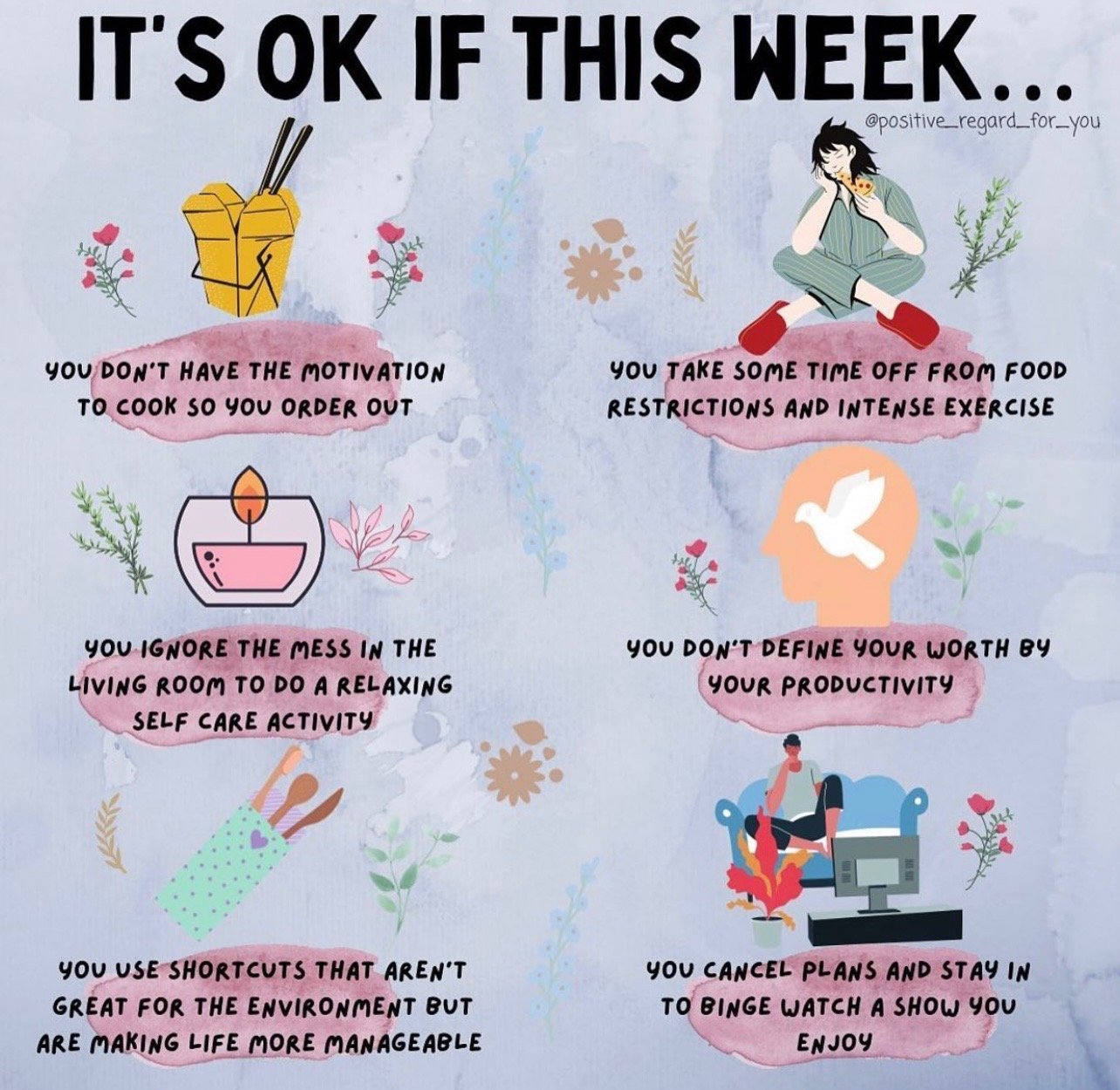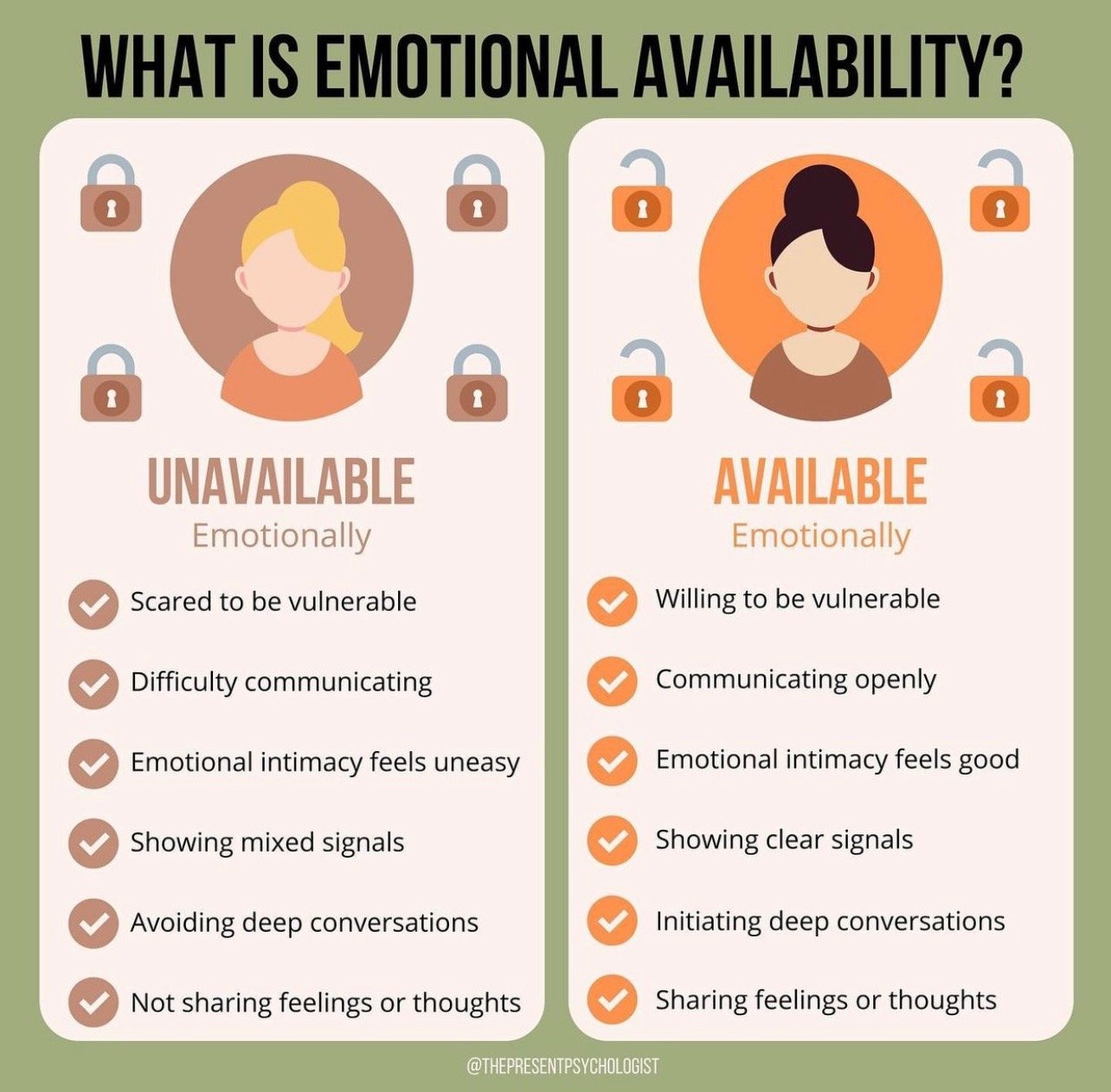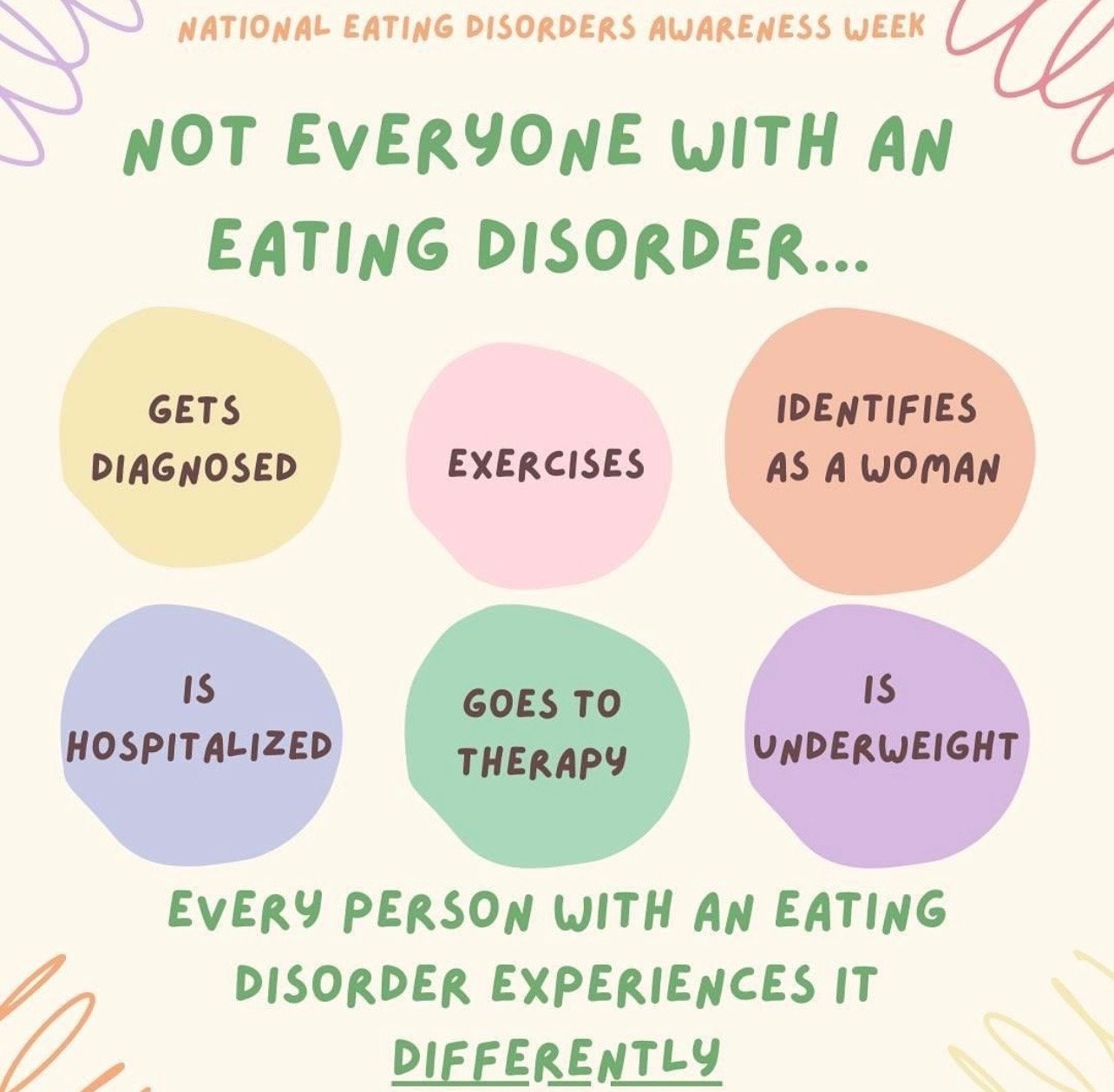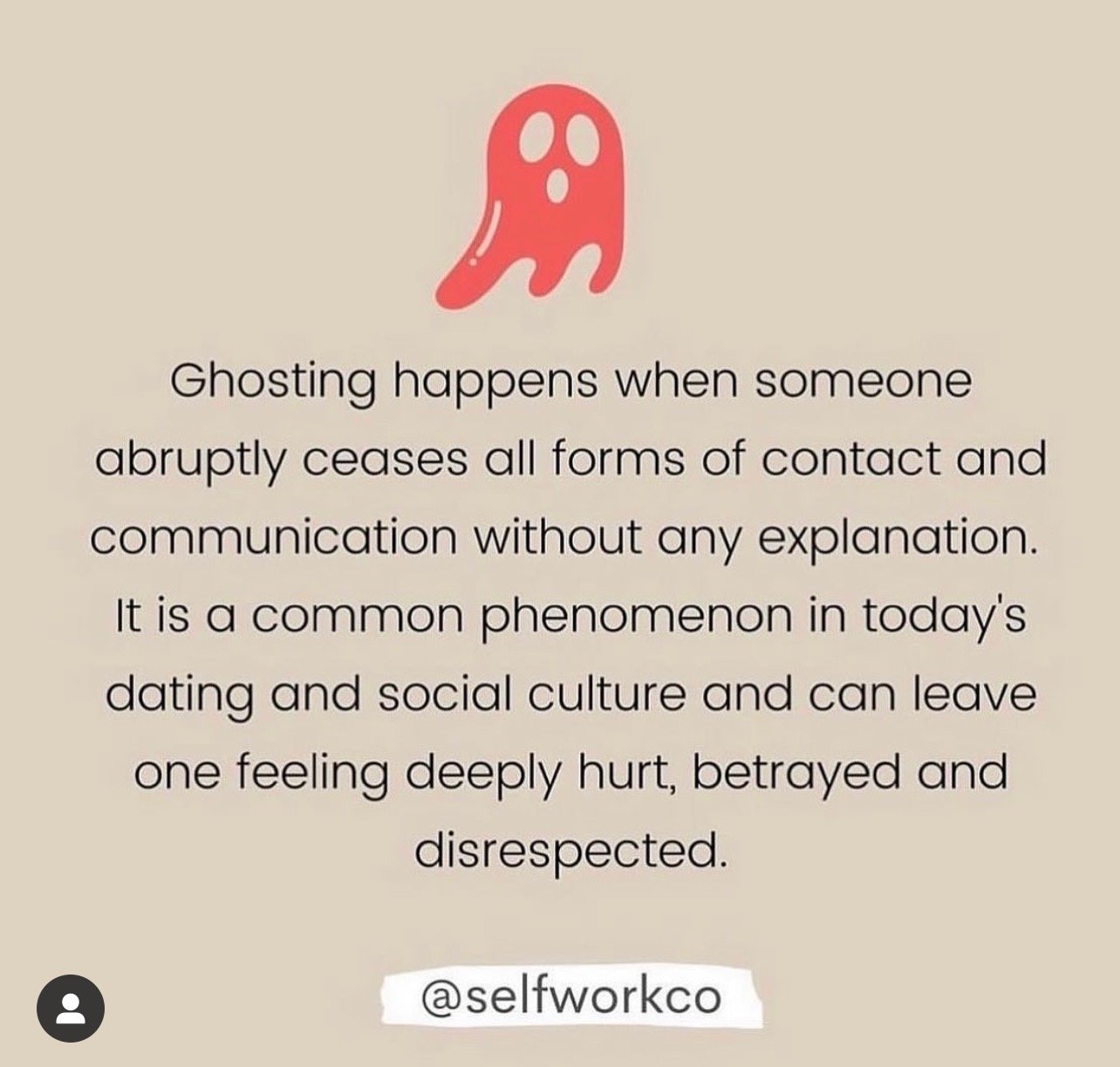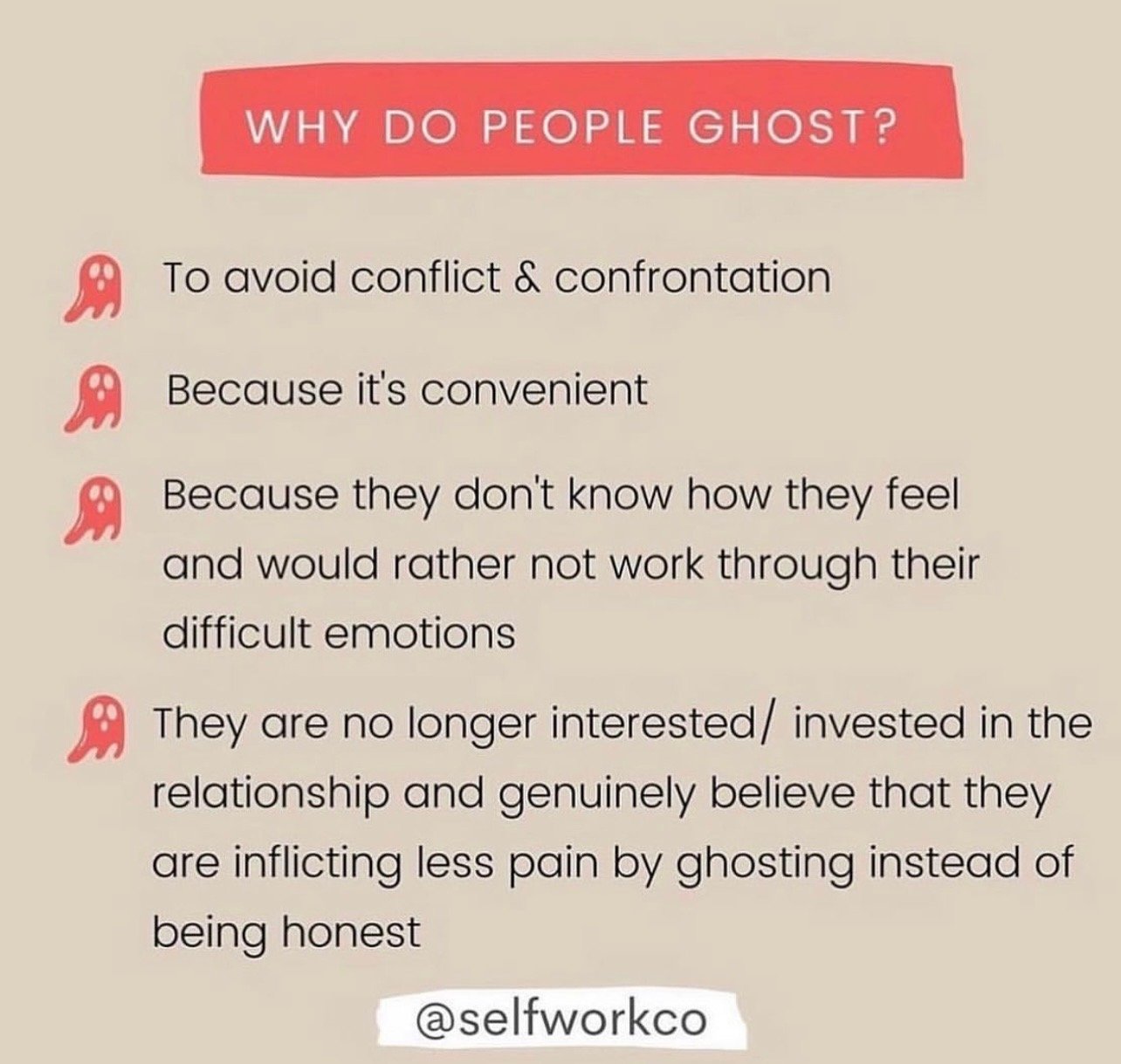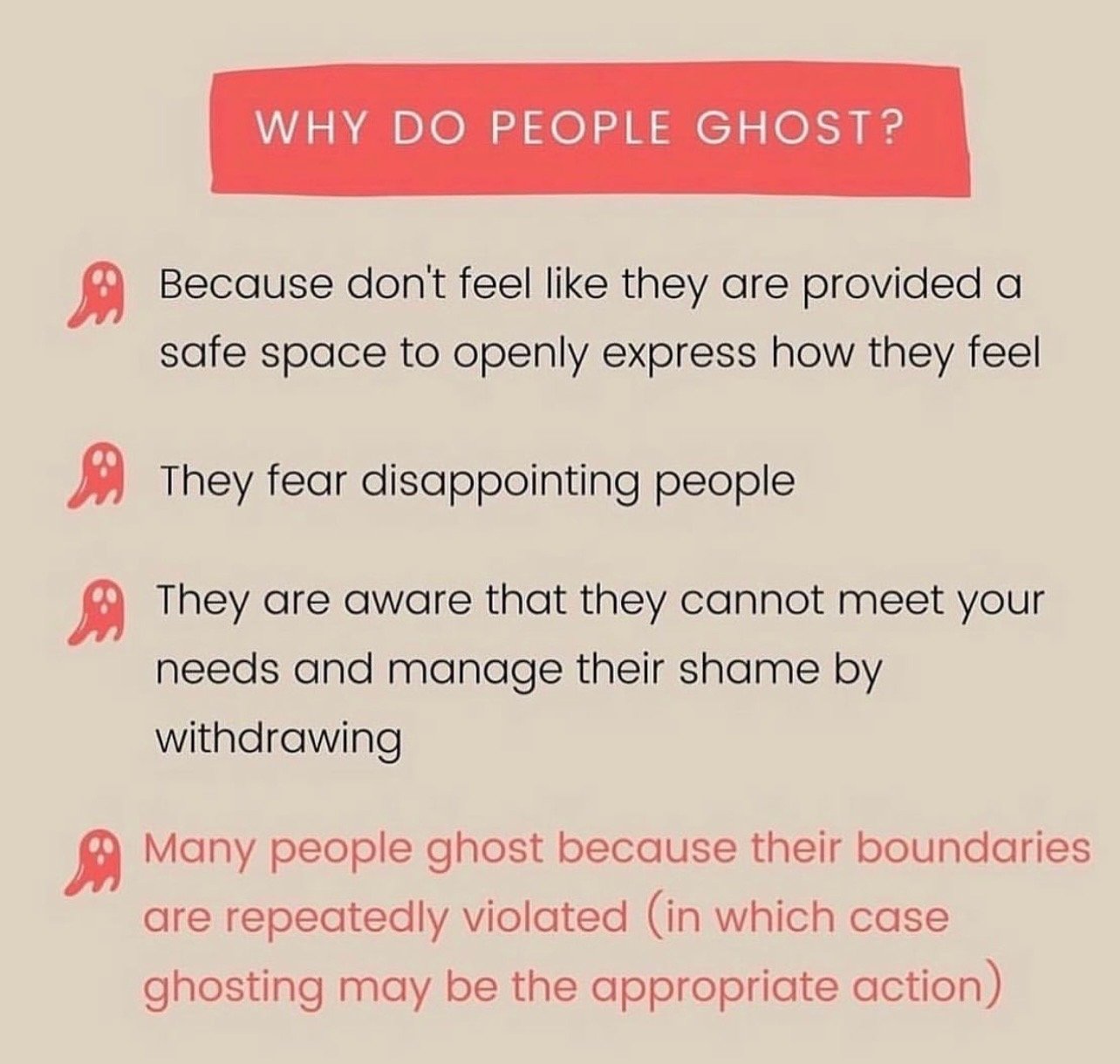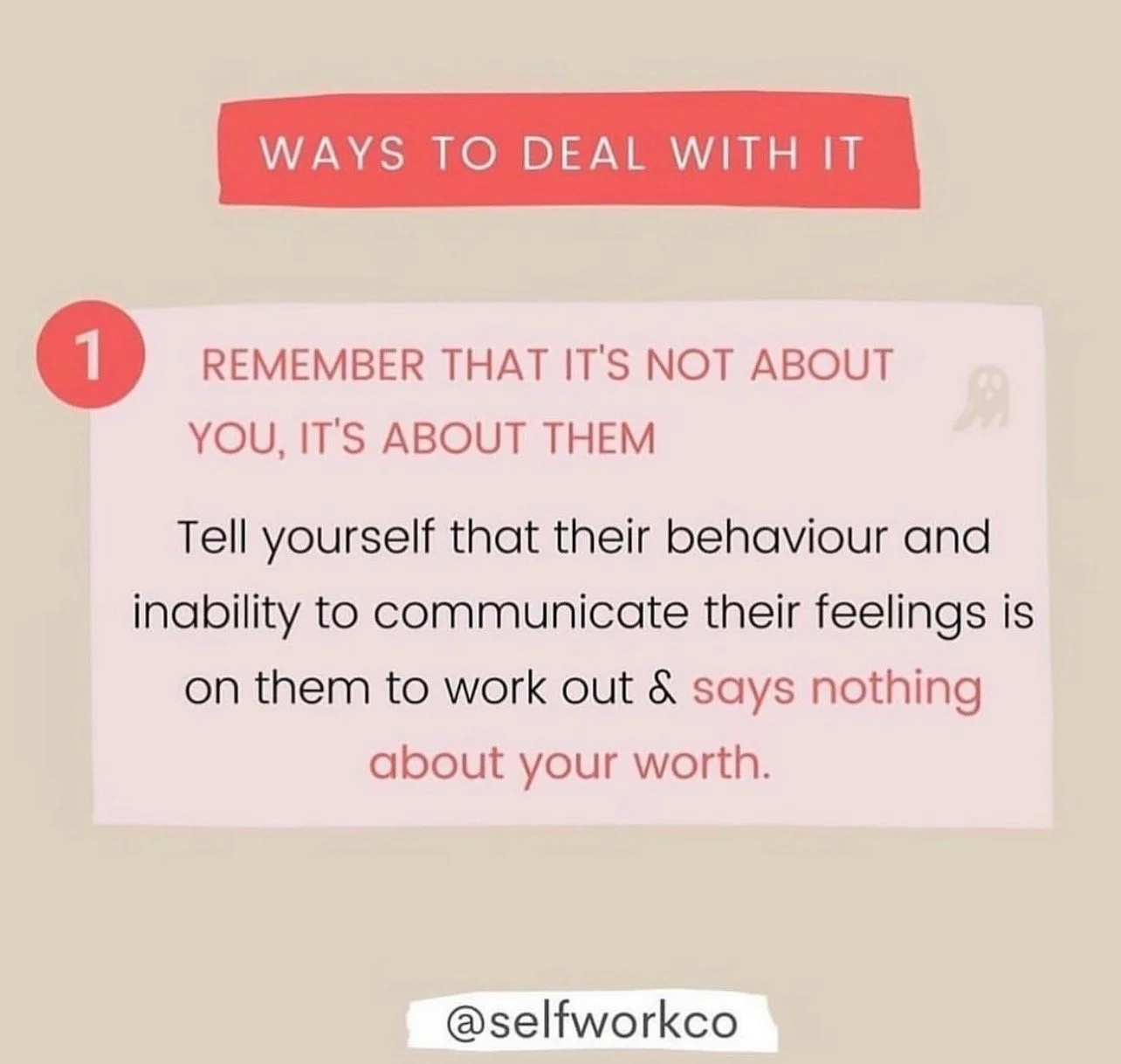Self Soothing
Your Trauma is Valid Even If...
Take a Work From Home Mental Health Pause
Whether you’ve been working from home throughout the pandemic or returned to the office only to be sent home once again, now is the perfect time for a work from home mental health pause.
It’s hard to believe that it’s been nearly two full years since the COVID-19 pandemic first collided with our lives. Practically overnight, millions of U.S. employees were forced to rapidly transition to working from home — compared to just 6 percent of the workforce that worked remotely prior to the pandemic.
There was no “game plan”. It suddenly just was, and we had to adjust and adjust and adjust to find our own work plan. All our adjusting left us exhausted, a bit depressed, and mentally drained.
While the number of professionals teleworking continued to fall throughout 2021, the arrival of the omicron variant has thwarted many companies’ return-to-office plans, subsequently sending a substantial number of employees back to their homes.
THE PROS AND CONS OF WORKING FROM HOME
Let’s investigate the pros and cons of working from home, the hidden/or not so hidden side effects of working from home, the good habits and bad habits that remote workers can develop, and the critical role communication plays in maintaining your mental health while working from home.
There’s a reason why 61 percent of workers are willing to take a pay cut to continue working from home: there are a lot of advantages to remote work.
Pro:
No Commute: Not only do you no longer have to commute to an office, you also have more flexibility to organize your time in a way that best suits your work style.
Fewer Interruptions: Since nobody’s stopping by your desk to say hello, there are also fewer distractions and work can be done more effectively (unless, of course, you’re crammed into a house full of kids!).
Increased Productivity: In many cases, you’re also able to work when you’re most productive instead of being forced to work between 9 a.m. and 5 p.m.
Con:
Unbalance Priorities: For many, it can be difficult to strike a good work-life balance, as work and home begin blending. For example, you might have a difficult time shutting down work at a certain time when it’s always within reach.
New Teammates: And, whoever thought you’d be working all day with your spouse or children so close by.
Video Fatigue: Exhaustion from Zoom or other teleconferencing is real. When we crave human interaction our video cameras provide a poor substitute, plus the pressure of “looking good” can be overwhelming.
And always working from home means you miss out on the perks of being in the office — like free coffee, meals, and mostly in-person interactions with your coworkers. Being the social creatures we are, not having these “simple” things can take a toll on our mental health.
The GoodTherapy registry might be helpful to you. We have thousands of therapists listed with us who would love to walk with you on your journey. Find the support you need today!
THE HIDDEN SIDE EFFECTS OF WORKING FROM HOME
For some people, working from home is the work solution they’ve been seeking, and they wouldn’t have it any other way. Unfortunately, that isn’t the case for everyone.
For starters, it’s not uncommon for folks who work from home to feel profound isolation and loneliness, at least from time to time. Without opportunities to socialize with their coworkers, many remote workers can experience anxiety and depression — which can also lead to brain fog. If you experience any of these things, the best thing you can do for your mental health is to seek out a qualified therapist to help you – yep, that means you too guys!
The good news is that by developing good habits and systems and sticking to them, you can increase the chances you’re able to stay productive and enjoy working from home — whether that’s on a temporary or a permanent basis.
COMMIT TO SETTING GOOD HABITS
If you find yourself struggling to keep up your morale when you’re working from home, it might be because you’ve developed habits that are preventing you from supporting your work from home mental health.
If you suspect that might be true, do your best to develop these three habits and stick to them.
1. Take breaks on a regular basis
You might think that reaching peak productivity requires you to sit in front of your computer all day long, but you’d be wrong. Believe it or not, research suggests the opposite is true. By taking breaks on a regular basis, you can recharge your batteries and accomplish more every day. Best practices suggest taking 15-minute breaks every 90 minutes.
2. Set boundaries between work and home
If you’re the type of person who watches a movie with your work laptop within arms’ reach, your work-life balance is going to leave much to be desired.
To ensure you’re able to enjoy downtime and also give your work the full attention it deserves, set clear boundaries between your work and home life.
For example, you might set specific working hours and commit to shutting down completely at the end of the work day – no checking emails before bed.
If it is possible, since you may not have purchased your home with the intent of having to work from it, you should try to designate a dedicated working space so that it is easier to turn off the lights and shut the door and walk away at the end of your day.
3. Develop structure and stick to it
One of the main reasons people struggle to work from home productively is because they lack structure in their day. There’s an easy fix: Develop a routine that works for you and stick to it. For example, you might decide to get up at 7:30 a.m. every day no matter what, go for a light jog, eat breakfast, jump in the shower, and then hit your desk at 9.
There’s no right or wrong routine; find a structure that works for you and take it from there.
KEEP THE LINES OF COMMUNICATION OPEN
In addition to these habits, it’s also important to maintain open communication with those around you. After all, no one is going to know you’re struggling if they never see you and never hear what’s going through your mind.
With your employer
Have you ever had a conversation with your boss or HR team about how remote working is impacting your mental health? If you’re having a hard time working from home, your employer might not have any idea unless you share the information with them. By being open and honest with your employer, you increase the chances that they’ll provide you the support and resources you need to positively impact your work from home mental health.
With your family
Of course, working from home can also take a toll on your entire family. After all, home life changed for them, too. To make sure everyone is tracking in a good direction, it may be worth carving out some time to conduct a collective family mental health check to make sure everyone’s on the same page and that nobody is struggling in silence.
THE BOTTOM LINE
It’s been two years since consistent work from home became a thing. Now, it’s time to make sure that where you are mentally with the situation is a good place — and not just a place.
If you’re struggling to adapt to working from home, you may find that talking through your problems with a therapist makes all the difference in the world.
Do you feel that things have gotten away from you? GoodTherapy Recovery Treatment Centers provide addiction rehab. Use the GoodTherapy Recovery Treatment Centers directory to find help close to you.
© Copyright 2022 GoodTherapy.org. All rights reserved.
What You Cannot Control vs. Some Things You Can Control
Toxic Positivity Sounds Like...
The Self Care Iceberg
Healing Happens by Feeling
It's Ok To Outgrow...
What We Think Healing Looks Like...
Happiness Chemicals and How To Hack Them
It's Ok If This Week...
Reasons to Cry About It
Social Anxiety or An Introvert?
What is Emotional Availability?
Your Trauma Is Valid Even If
Gaslighting Statements
Not Everyone With An Eating Disorder...
Ghosting and Ways To Deal With It
How to Practice Self Compassion
How to Practice Self-Compassion
Sarah Winnig, MA
Self-compassion means showing kindness to yourself. It means accepting yourself for who you are, imperfections and all.
Self-compassion does not mean giving up on growth and self-improvement. Instead, it's about understanding that you are a work in progress, with strengths and weaknesses, and knowing that is okay.
You probably show compassion to others without giving it a second thought.
Imagine your best friend just went through a break-up. They tell you the story, and you listen from start to finish. Your friend isn't perfect, but they deserve to be happy. You reassure them that they’ll get through this, they’re a catch, and they'll be okay.
You don’t judge your friend. You don’t tell them they are not worthy, or that they need to change. You show your friend compassion.
For many people, it’s easy to show compassion to others. Family, friends, pets, strangers, and even TV characters are met with kindness and understanding, despite their flaws.
At the same time, many compassionate people are critical and unforgiving of themselves. They hold themselves to a standard they would never demand from others. They struggle to practice self-compassion.
There are no simple tricks for developing self-compassion, but there are several healthy habits that may help.
Have a Fair Attitude Toward Yourself
(rather than a critical or judgmental attitude)
Practicing self-compassion means treating yourself warmly, gently, and fairly. It’s about having an attitude of acceptance toward yourself—rather than judgment—and treating yourself accordingly.
Imagine receiving some constructive criticism from your boss. Coming from a place of judgment, you only hear the negative, and tell yourself, “I’m an idiot. I can’t do anything right.” Coming from a place of fairness and acceptance, you hear the whole message, and tell yourself, “There are definitely things I can work on, but I’m doing a good job overall.”
Self-compassionate people believe that they are good, well-meaning, and competent. When they make a mistake at work, it’s just that—a single mistake. People who are not self-compassionate often assume the worst about themselves. A mistake at work is viewed as something much bigger, such as a personal failing.
When you’re critical and judgmental of yourself, you’re more likely to experience unhappiness, insecurity, and anxiety. When you treat yourself fairly, you are better able to manage these uncomfortable feelings.
Having a fair attitude toward yourself looks like...
“I may have said the wrong thing. I’ll get it right next time.” vs. “I may have said the wrong thing. I’m the worst!”
“I made a mistake. I’m only human.” vs. “I made a mistake. I always mess up.”
Accept Yourself for Who You Are
(rather than trying to be someone else)
Many of us have ideas about who we "should” be. A man might believe he has to be strong, brave, and outgoing. A mother might believe she always has to put her needs last. For many, not matching these ideals feels like a flaw.
In reality, humans aren’t so simple. While some men are strong, brave, and outgoing, others are shy, emotional, and cautious. While some mothers do put their needs last, others value their career as much as their family life. It sounds like a cliché, but everyone is different... and that’s okay.
People who are self-compassionate accept themselves for who they are, rather than who they “should” be. Not only that, but they often take pride in their unique characteristics. For example, a self-compassionate man who is emotional might view himself as being deeply connected to others, rather than having a weakness.
Self-acceptance does not mean loving every little thing about yourself, or believing you are perfect. It means accepting yourself for who you are, rather than who you are not.
Note: Self-acceptance isn’t just about gender roles. It includes personality, interests, sexuality, religion, abilities, appearance, and anything else that makes you who you are.
Accepting yourself looks like...
A mother who values her career highly could view herself as highly motivated, a role model, and recognize how she provides for her family.
A person who wishes they had straight hair could see examples of beautiful curly hair like their own, and learn to appreciate what they have. They might still wish to have straight hair, but they learn to like their curly hair, too.
A person who is not athletic but loves sports could find themself fitting into coaching or support roles.
Take Care of Yourself
(rather than denying your needs or overindulging)
Even when life gets busy, it’s important to look out for your own health and happiness, and take care of your needs. This means eating regular meals, getting enough sleep, taking time for fun and relaxation, or whatever it is you need.
Taking care of yourself is not the same as spoiling or overindulging. For example, taking a break to eat a healthy meal is not the same as eating whatever you want, whenever you want.
This might be easier to understand when you think about caring for someone else. If you’re caring for a young child, you don’t ignore them when they're hungry. But that doesn’t mean you give them an ice cream sundae for breakfast. You think about what’s best for them, and take care of their needs accordingly.
Caring for yourself requires a balance between immediate needs and long-term goals. For example, if you’ve been studying for hours, it’s reasonable to take a break. However, if you want to pass an exam, you do need to study at some point.
Sometimes long-term goals will require discomfort, such as studying or exercising when you’d rather relax on the couch. There’s no simple answer for how much discomfort or sacrifice a person should make—it depends on the individual and their goals. But it’s important to have an awareness of your own needs, and a balance that works for you.
Self-care habits might include...
Taking a day off work to relax.
Eating a healthy meal when you’re hungry.
Exercising regularly, but taking rest days as needed.
Rewarding yourself with a treat when you meet a goal.
Accept That Struggle is Normal
(rather than feeling uniquely bad)
You have a front-row seat to your own imperfections and mistakes. While others can hide their insecurities, you can’t hide from yourself. When you feel bad about yourself, or when you make a mistake, it might seem like you’re the only one.
Remember that no one is perfect. Being imperfect is part of being human. Everyone has bad days, loses their temper, and makes mistakes. Sometimes, those mistakes are really big.
Whatever your struggle, try to put it in perspective. Know that it’s normal to have flaws and make mistakes, even if you don’t always see them in others.
Recognizing that your struggles are normal gives you permission to feel self-compassion, despite any shortcomings.
The language of accepting struggle...
“No one is perfect. Everyone makes mistakes.”
“Everyone feels sad sometimes. This is normal.”
“I’m not the first person to make this mistake.”
Practice Mindful Awareness
(rather than getting caught up in thoughts and feelings)
Mindfulness means taking a step back from your thoughts and emotions, and seeing them objectively. This is how you see others’ thoughts and feelings: logically and from a distance. Creating distance from your own thoughts and feelings lessens the power they have over you.
In addition to creating distance, mindfulness will help you become accepting of your feelings. It’s common to think “I shouldn’t be sad” or “I shouldn’t be angry.” Mindfulness lets you acknowledge your feelings, without the need to change them. “I shouldn’t be angry” becomes “I am angry, and that is okay.”
Mindfulness builds self-compassion by creating perspective and acceptance of your thoughts and feelings. This lets you take control of your life, rather than being at the whim of your emotions. Additionally, mindfulness will help you practice other self-compassion habits, like recognizing when you are being judgmental toward yourself, ignoring your needs, or failing to see your struggles as normal.
Learning to view your experiences mindfully makes everything else easier. When you take a step back, you can see things more clearly.
The language of mindful awareness...
“I am treating myself judgmentally. I know I'm not being fair to myself.”
“I feel angry at myself, but that does not mean I am a bad person.”
“I am caught up in this problem, but it is not the end of the world.”
In Summary
Unsurprisingly, practicing self-compassion is easier said than done. Many people focus on their flaws and feel that they are not worthy of kindness. Others set unrealistic goals, demanding nothing less than perfection.
After a lifetime of self-judgment, the habit is difficult to break. It becomes reflexive. But with practice, these reflexes can be unlearned, and replaced with self-compassion.















